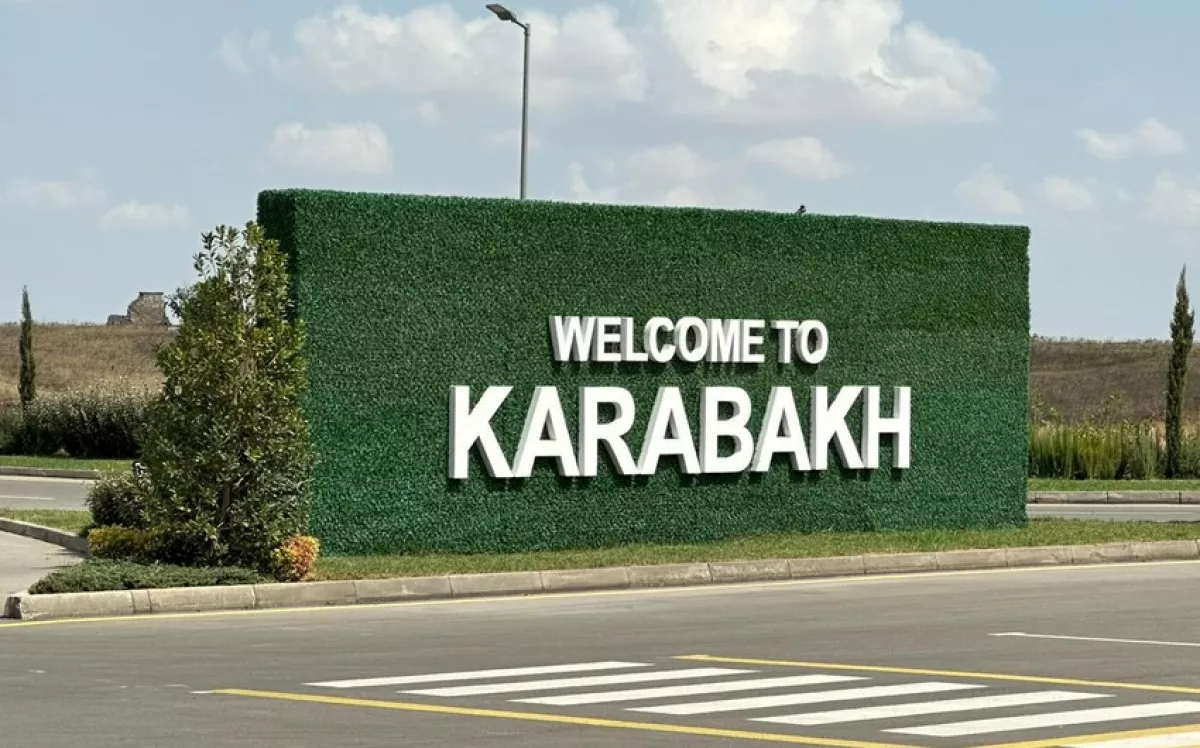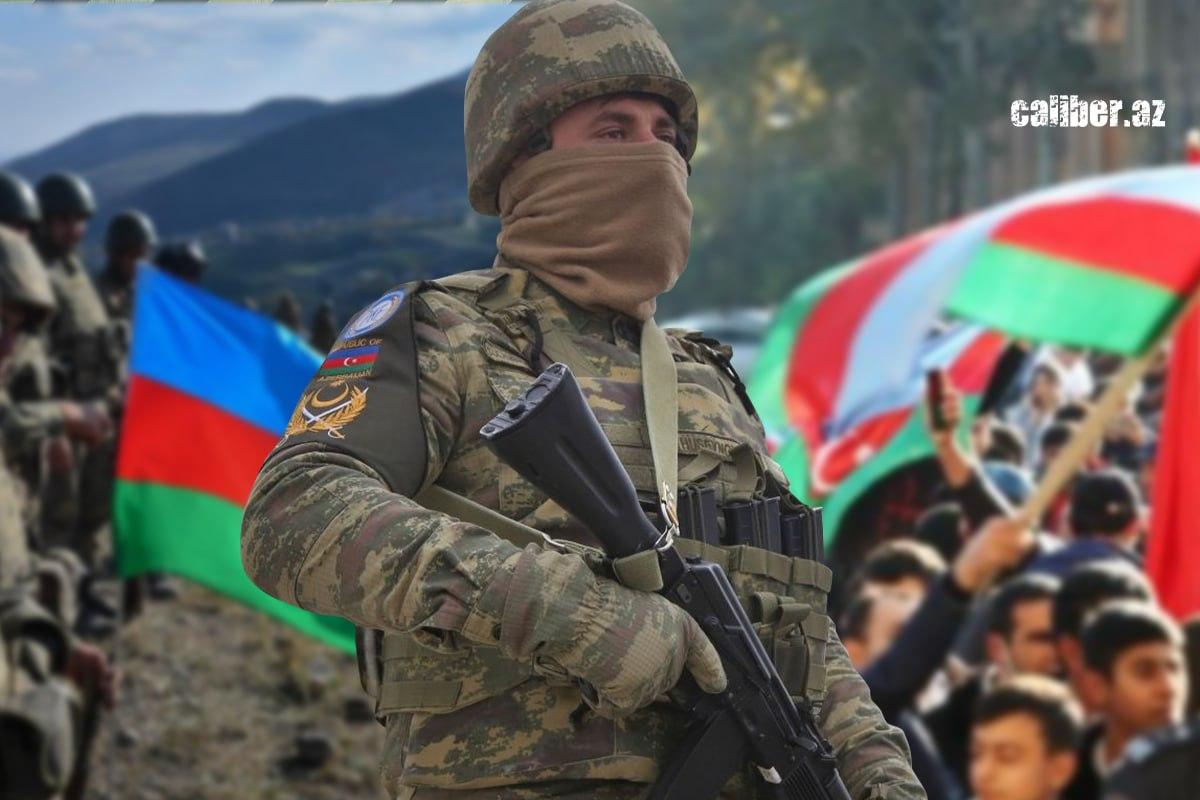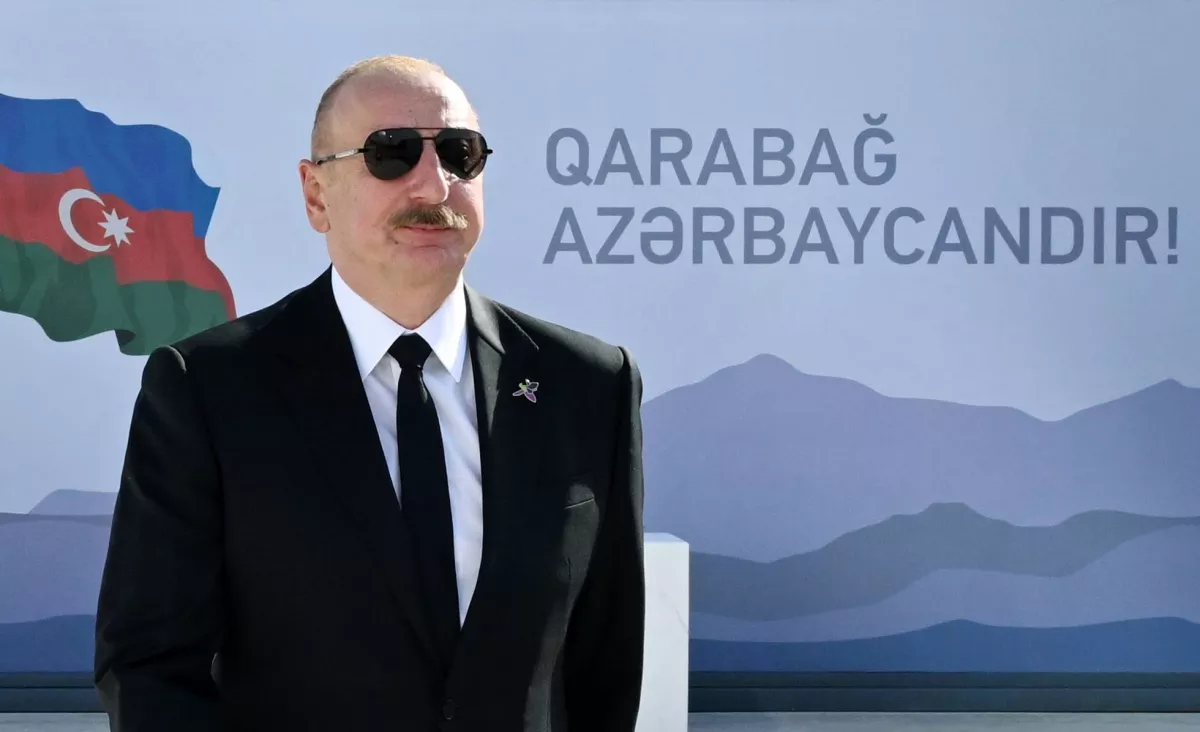War and peace with the Armenians Reflections on victory, caution, and the path forward
From childhood, we are taught that peace is good and war is bad.
These truths require no proof, yet life often presents challenges far too complex for simple formulas. Few of us could have imagined that we would one day liberate our land and begin its restoration at such a rapid pace. Believing and hoping is one thing—but seeing it become an everyday reality is quite another. I suspect not everyone truly believed it, even if some feel awkward admitting that today.
Even fewer could have imagined the possibility of normalising relations with the Armenians. This seemed impossible—not only as a practical solution, but even as a concept worth considering. Yet the impossible has happened. And not just once, but several “impossibilities” at the same time.

We have won, and our land belongs to us once again—not only in law, but in reality. Armenian separatism has been punished. Today, it seems that the majority of Armenians—excluding the sick extremists and the bloodthirsty, scheming politicians (strangely reminiscent of “Sharmazanov,” though likely coincidental)—are weary of hatred, have recognised the futility of “miatsum,” and are ready for peace. Even the political leadership of Armenia seeks it, though with a cautious “one step back, two steps forward” approach. Added to this is external pressure—from the US and Europe—who welcome any end to the conflict and the opportunity for partnership and mutual benefit, including for themselves.
Post-conflict peacebuilding is as complex as creating a universe. Doctoral theses are written on it, academic debates (rarely mirrored in reality) unfold, and films are made. Yet I want to focus on a few elements of our specific case. We—the leadership, the people, society, institutions of power, and the media—must navigate between extremes, even those that seem mutually exclusive.
We cannot afford to forget and simply turn the page. We have paid too high a price for naivety and trust in so-called good neighbours. Yet we must not imitate the Armenians by remaining forever captive to the ghosts of the past. Even though most of their ghosts are fabricated, drowning in the unproven abysses of history—otherwise, why would they have rejected Türkiye’s offer to create a joint commission on what they call “genocide?”—and ours only watch from archival footage, we must keep our eyes on the future. We cannot take anything on faith, and under no circumstances may we allow ourselves to relax.

Even if today’s openness in Armenian society toward peace is sincere, it is shaped by several immediate factors—one being the realisation that they cannot confront Azerbaijan. But that is today. If we let our guard down in any way, and the Armenians believe they have an opportunity and catch us off guard, the consequences could be serious. Yet to view everything and everyone as inherently suspicious is not an option either. A balance—a golden mean—is required.
Let neither security nor the hope for peace be compromised—our security must remain firmly protected, while the hope for peace must also be allowed to flourish. And if our neighbours try to play games, they will be met with a firm response, accompanied by a clear message that our safeguards are not to be tested.
I could endlessly catalogue the difficult twists and turns we will need to navigate. Some of them will require engagement even with those neighbours for whom hating Azerbaijanis was as instinctive as breathing or drinking water.
Azerbaijanis have shown the world that we are a courageous people, willing to fight and, if necessary, die for our Motherland. We proved our bravery on the battlefield. Now, it is time to show courage in the pursuit of peace. Though this courage is of a different kind, it is no less vital—protecting the future demands the same steadfastness as facing death itself.

Our leadership (this is not a panegyric but a statement of fact — if anyone can, please contest it) has proven its ability to make the right decisions under the most difficult circumstances. Having managed to do so during the war, it will surely overcome the obstacles on the road to peace without sacrificing national interests.
We needed victory, and we paid a high price for it. But one of victory’s ultimate goals was peace. Yes — not at any cost, but it is peace that ends all wars in human history. We must be brave enough to hope for a future for new generations free from hatred and the desire to kill. We must be ready to sheathe our weapons and put them aside in the hope of never having to draw them again. That is, of course, unless our neighbours force us otherwise.








